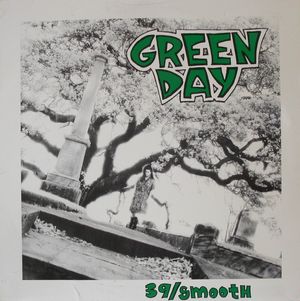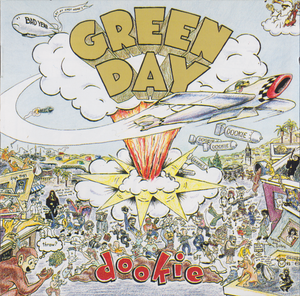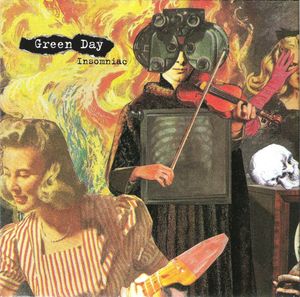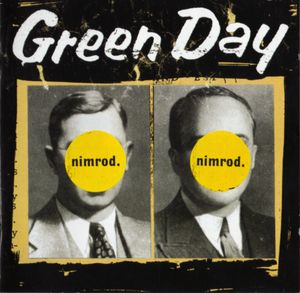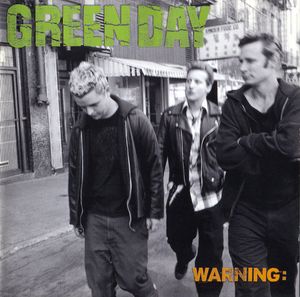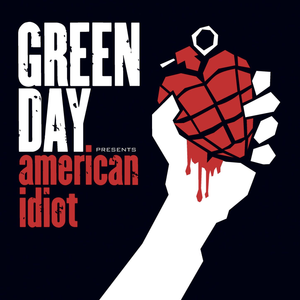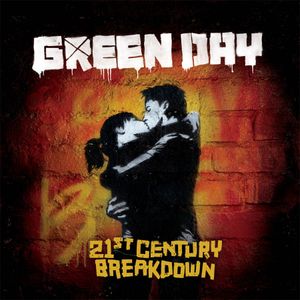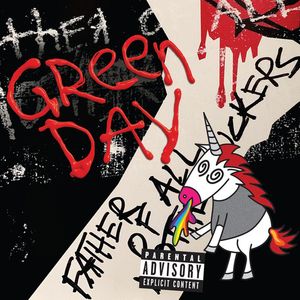Green Day: From Bay Area Punk to Global Rock Icons
Green Day, the undisputed kings of pop-punk, emerged from the vibrant Bay Area punk scene of the late 80s. Founded in 1987 by the dynamic duo of Billie Joe Armstrong (vocals, guitar) and Mike Dirnt (bass, backing vocals), the band initially went by the names Blood Rage and Sweet Children before settling on Green Day in 1989. They quickly became fixtures at the legendary 924 Gilman Street club in Berkeley, a hotbed for the burgeoning punk movement.
Their early recordings, released through Lookout! Records, showcased their raw energy and catchy melodies. Their debut album, 39/Smooth (1990), established their raw talent and laid the groundwork for their future success. The arrival of drummer Tré Cool in 1990, replacing John Kiffmeyer, solidified their classic power trio lineup.
The game-changer arrived in 1994 with Dookie, their major label debut on Reprise Records. The album exploded, selling over 10 million copies in the U.S. alone, and propelled Green Day into the mainstream. They became synonymous with the punk revival alongside fellow California bands like Bad Religion, the Offspring, Rancid, NOFX, Pennywise, and Social Distortion.
Dookie cemented their status as rock stars, but Green Day continued to push boundaries. Insomniac (1995), Nimrod (1997), and Warning (2000) all achieved significant success, though they didn't quite match the phenomenal heights of Dookie.
Their seventh album, American Idiot (2004), marked a new chapter. This ambitious rock opera resonated deeply with a younger generation, selling six million copies in the U.S. and solidifying their status as a true rock force.
Green Day's momentum continued with 21st Century Breakdown (2009), their most commercially successful album to date, boasting their best chart performance ever. The band then embarked on a bold experiment with the ¡Uno!, ¡Dos!, ¡Tré! trilogy (2012), a three-part album release. While the trilogy didn't quite reach the commercial heights of their previous efforts, it solidified their enduring creative spirit.
Green Day's journey has been one of constant evolution. From their humble beginnings in the Bay Area punk scene to their global domination as rock icons, they have consistently delivered catchy tunes, powerful lyrics, and unforgettable live shows. They remain a force to be reckoned with, continuously inspiring new generations of musicians and fans alike.




